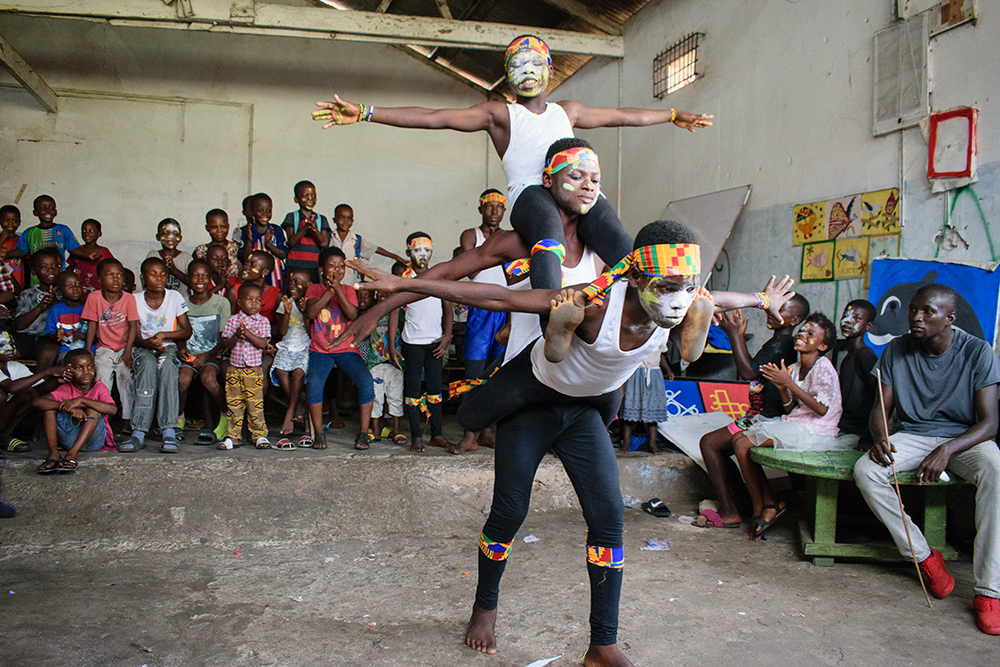
LOCATION
Jamestown, Accra, Ghana
OUR TEAM
Kodzo Gavua, Project Lead
David Tei-Mensah Adjartey, Researcher
Jacob Nii Marley, Technical Assistant
Ivan Nyamasekpor, Research Assistant
PROJECT PARTNERS
Jamestown Gbekebii
SYNOPSIS AND POSITION
This project seeks to document and study age-old sacred, secular, and ceremonial vernacular songs, including dirges, as archives of public history and to and develop an inventory of these songs. The study will cover the affective character and relational qualities of the songs (Baker and Collins 2016; Samuel 1994), motivations of composers, circumstances under which the songs were made, the meaning and functions of the songs, the contexts in which the songs function, and how the songs have been preserved and passed on. Our goal is to understand how such songs promote peace and social harmony and engender social justice. Based on the assumption that songs are archival and are subjects of heritage preservation, we shall work with locally acclaimed songsters in Jamestown, a heterogeneous settlement in Accra, Ghana. The study will offer us the opportunity to become familiar with the social environment in which we will undertake our “Imagining Ghanaian Futures” project and to identify challenges that may confront us in the course of the project. Lessons we shall learn from the project will enable us to fine-tune our approaches to un/archiving information relating to conflict management and peacebuilding in Ghana. We expect the results of this study to enhance our understanding of how knowledge is created, shaped, owned, disseminated, and preserved through song.
OBJECTIVES AND METHODS
In this project, we seek to document and develop a digital inventory of age-old sacred, secular and ceremonial vernacular songs as archives of public history and study how such songs promote peace and social harmony and engender social justice. We shall investigate the affective character and relational qualities of these songs (Baker and Collins 2016; Samuel 1994) in relation to the contexts within which the songs are created and used, the meanings and functions of the songs, and how the songs are preserved and transmitted in time and space.
We shall approach our study with the assumption that songs are archival and are subjects of heritage preservation. Songs, like music, will be seen as media of codifying, archiving, and disseminating information on valuable elements of public history (Long et al 2018) and as a means by which people negotiate and renegotiate their daily lives. In our field exercise, we shall use snowballing to identify locally acclaimed songsters with whom we shall partner to undertake the study. We shall engage each of the songsters in conversational interviews and document performances of songs they choose and the social contexts in which they perform. Ethical protocols of the University of Ghana, as well as local community protocols, will guide our work. Before engaging the songsters, we shall explain the details and purpose of the study to them and seek their consent and kind permission. We shall abide by any customary rites and regulations that may be associated with any of the songs and their performances and maintain the confidentiality of informants where required.
